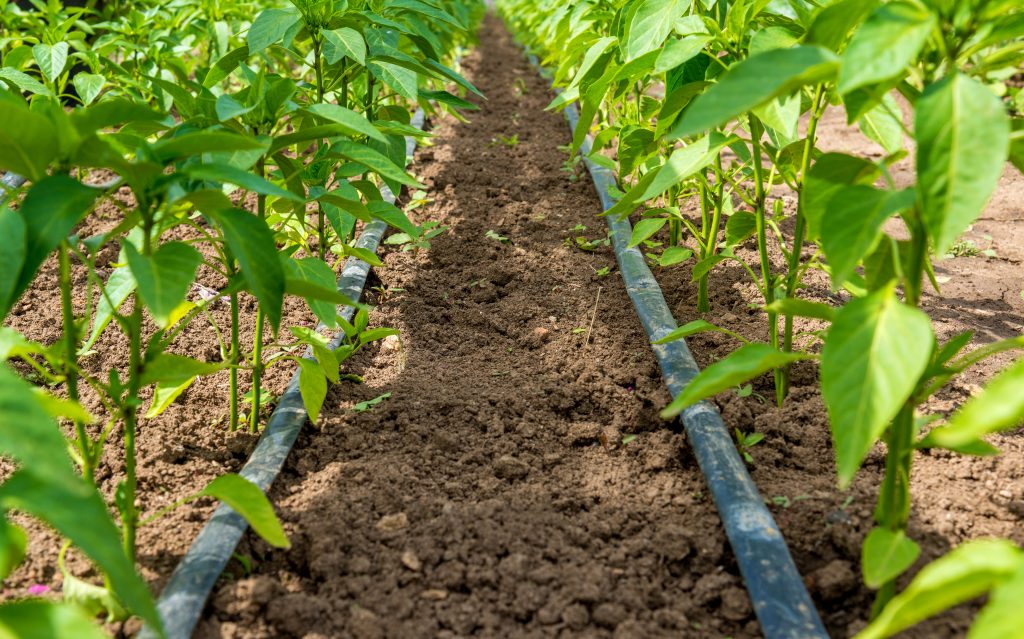
By Clint Thompson
During hot temperatures and dry conditions, the first inclination for vegetable and specialty crop producers is to water their crops. But there is such a thing as applying too much water, says Doug Chapman, Alabama Extension agent for Commercial Horticulture in North Alabama.
“If you do irrigate too much, you can get into some disease issues real easy, especially on some of our fruit crops,” said Chapman during the Q&A show on the Alabama Extension Commercial Horticulture Facebook page.
“What most of my growers do is they either have things on a timer or they can turn it on and off at a centralized location where all of their equipment is located. The irrigation works through solenoid valves, and it takes an electronic signal to turn those valves on and off. I’ve got a little small nursery out beside my house and my irrigation is going right now, and it’s on a timer. I don’t have to worry about it.”
Chapman’s colleague, Eric Schavey, said a good rule of thumb is for growers to apply an inch of water per week. This includes irrigation and any rainfall. Those conditions can fluctuate as well. If a crop is in full production with a heavy fruit load, those water requirements may need to be an inch and a half to two inches, depending on the crop.
Much will also depend on the soil type. Crops in heavy clay soils don’t require as much water as those in sandier soils.









